Combat hot flashes, mood swings, and night sweats with these six supplements that help ease menopause.
Menopause is a major transitional phase of intense hormonal shifts. Often, the discomfort of menopause leads women to find relief. Conventional medical treatment relies on synthetic hormones to bring balance to the body, but these can come with their own risks and side effects.
The good news is that there are many natural supplements that can provide relief without pesky or dangerous side effects.
Do you wake up feeling fatigued, depressed, and restless? Break the cycle of bad sleep with our FREE Sleep Guide.
Click here to get your FREE copy of our Sleep Guide!
Symptoms and Treatments of Menopause
Menopause marks the end of a woman’s fertility and often starts between the ages of 40 and 45. The transition into menopause is known as perimenopause and can last for five to 10 years.
Menopause is official when a woman has ceased to have a period for 12 consecutive months. (1)
Symptoms of menopause can range from irritating to life-altering, with some women finding themselves unable to sleep or function well due to the severity. (2)
Common symptoms include:
- Night sweats
- Hot flashes
- Chills
- Sleep problems
- Vaginal dryness
- Thinning hair
- Dry skin
- Weight gain
- Slowed metabolism
- Mood changes
Conventional treatment uses synthetic hormones designed to trick the body into thinking that it is still in its reproductive years. While they can often provide relief from these symptoms, many would argue that artificially altering a woman’s hormone state only masks the symptoms. Plus, these treatments often increase the risk of breast cancer and cardiovascular disease. (3)
Other conventional treatment methods include prescriptions to address hot flashes, antidepressants, and vaginal estrogen to address dryness. (4)
Menopause is a normal end to reproduction, and a healthy transition for women as they age – not a disease to be corrected. (5) Even so, some women find that the transition symptoms can feel unbearable. Natural options are available to buffer the volume of symptoms, without added side effects or risks.
As always, never start supplements unless you’ve spoken with your doctor since they can affect individuals differently or interact with medications or health conditions.
6 Supplements to Help Ease Menopause
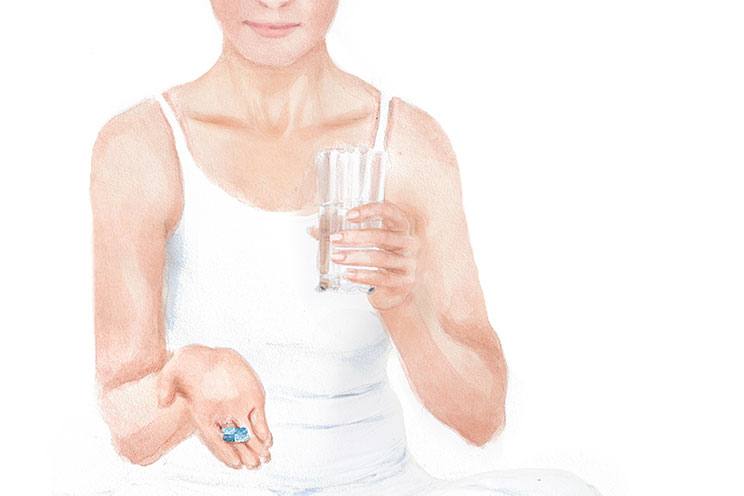
While no supplements are one-size-fits-all, these six research-backed supplements can help address the discomfort of menopause.
1. Black Cohosh
Black cohosh is effective for addressing hot flashes, which are commonly the number one complaint of menopausal women. (6) It’s also beneficial for mood swings and improving bone markers. (7)
Take black cohosh in capsule form, which is easier to take than the bitter herbal extract.
Who should avoid: Those with liver problems.
How to take: Daily for up to six months. Look for products that contain around 400 milligrams black cohosh root extract, like this one.
2. Kava Extract
Kava is a spice that can help relieve menopause-related anxiety. (9, 10) It also has the potential to improve hot flashes and depression, too. (11)
You can take kava as a tea, but we recommend taking capsules to ensure a regular dose.
Who should avoid: Those with liver problems.
How to take: Daily for at least eight weeks and up to 3 months. Find a single-herb supplement with kava root extract, like this one.
3. St. John’s Wort
St. John’s Wort is a potent flowering plant long used for depression and mood balancing. For women in menopause or perimenopause, St. John’s Wort can be an effective treatment for symptoms like hot flashes. (12) It may also improve sleep quality, reduce psychological symptoms, and increase quality of life overall. (13, 14)
Who should avoid: Those who experience poor responses to certain antidepressants, or who are already taking antidepressants. (15) Only take St. John’s Wort under the supervision of a medical professional.
How to take: 400-900 mg/day for 3-4 months. Find a supplement that contains the flower buds and tops of St. John’s Wort, like this one.
4. Maca
Maca is an adaptogen herb hailing from South America that helps the body deal with stress. It’s often used to boost energy levels, and can also be helpful in addressing anxiety, depression, and sexual dysfunction in postmenopausal women. (16)
Maca is available as a powder, but we recommend taking supplement capsules to ensure a standardized intake.
Who should avoid: Pregnant or breastfeeding women, and any women with estrogen-based conditions like breast cancer, uterine cancer, ovarian cancer, endometriosis, and fibroids.
How to take: 1,000-2,000 mg/daily. Find a product that contains maca root, like this one.
5. Pycnogenol
A specific form of pine bark extract, Pycnogenol is a supplement that can help ease menopause symptoms, including hot flashes, night sweats, mood swings, loss of libido, and vaginal dryness. (17)
Only take Pycnogenol that is found in capsule form, as regular pine bark extract has not been studied for menopause.
Who should avoid: Don’t take if you are on medications for diabetes, immunosuppressants, anticoagulants, or antibiotics. You should also avoid if you’re allergic to pine.
How to take: 100-200 mg/day for at least 8 weeks and not more than one year consecutively. Find a product that contains pine bark extract, like this one.
6. Vitex
Also known as chaste tree berry, vitex is frequently used for PMS-related disorders, and can be beneficial for menopause, too. Most notably, vitex can help to alleviate hot flashes, emotional changes, and mood swings. (18, 19)
Vitex can be taken in liquid or capsule form – whichever you prefer!
Who should avoid: Be cautious when taking Vitex with antidepressants, medications for Parkinson’s, and any others that affect levels of dopamine or serotonin.
How to take: 160-240 mg/daily. Choose a liquid extract of chaste tree berry, like this one.
The Bottom Line
If you’re wary of traditional hormone replacement therapy to treat your menopause symptoms, try these six research-proven supplements for relief with fewer side effects. Note, while some doctors might recommend using multiple supplements together, others may advise taking one of these at a time. To discover which protocol might be helpful for you, check in with your doctor for the best personalized advice.
(Read This Next: The 10 Best-Hormone Balancing Foods)


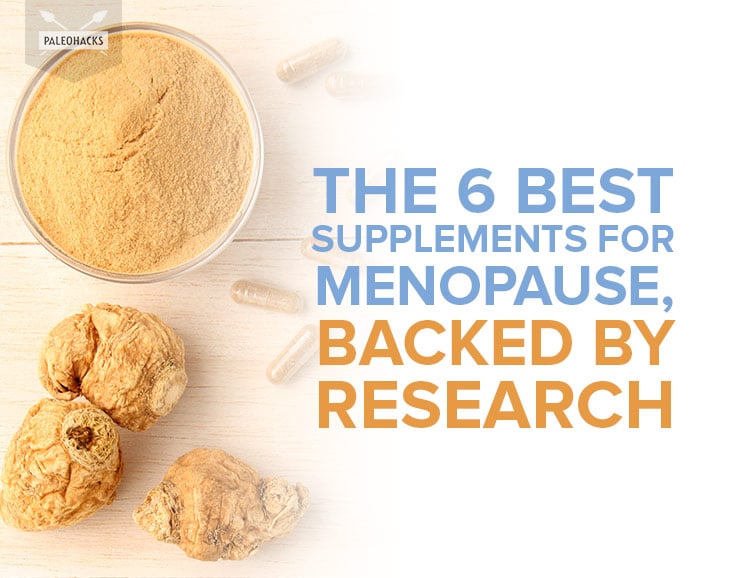
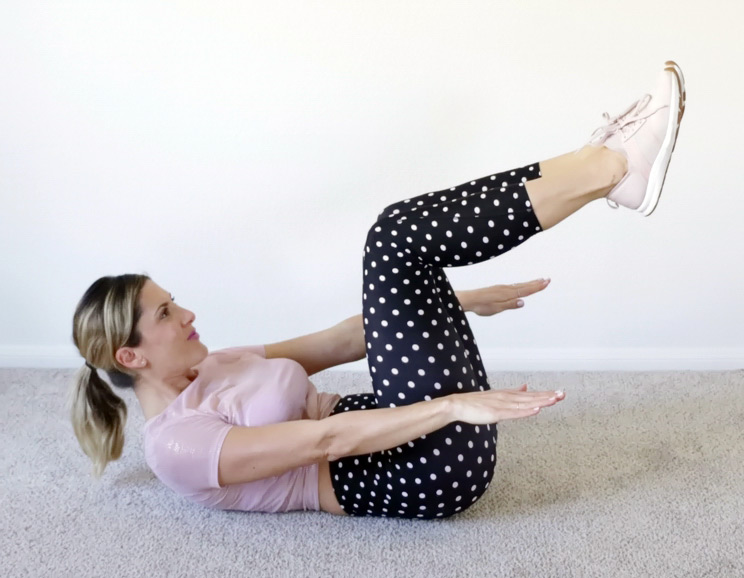 These 5 Exercises Make Back Pain Worse, Here’s What to Do Instead
These 5 Exercises Make Back Pain Worse, Here’s What to Do Instead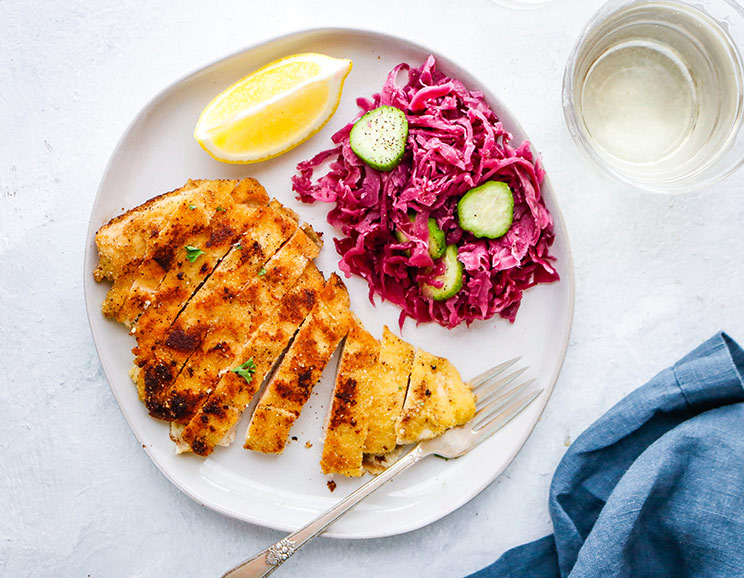
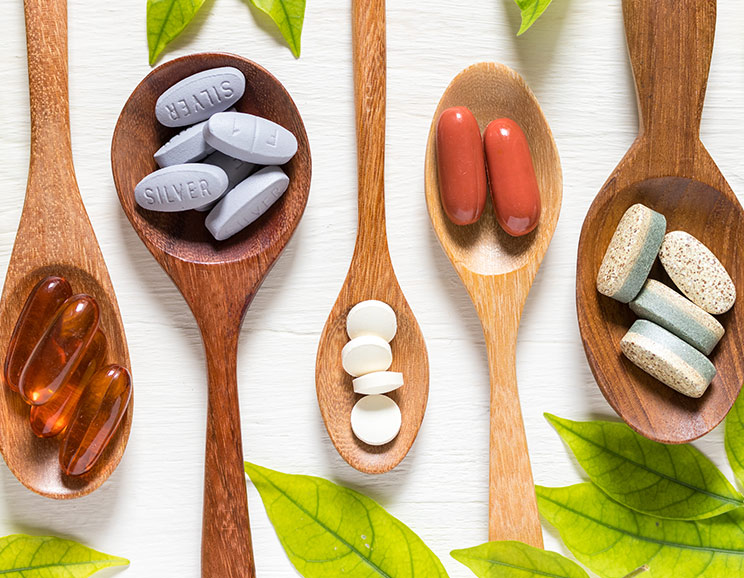
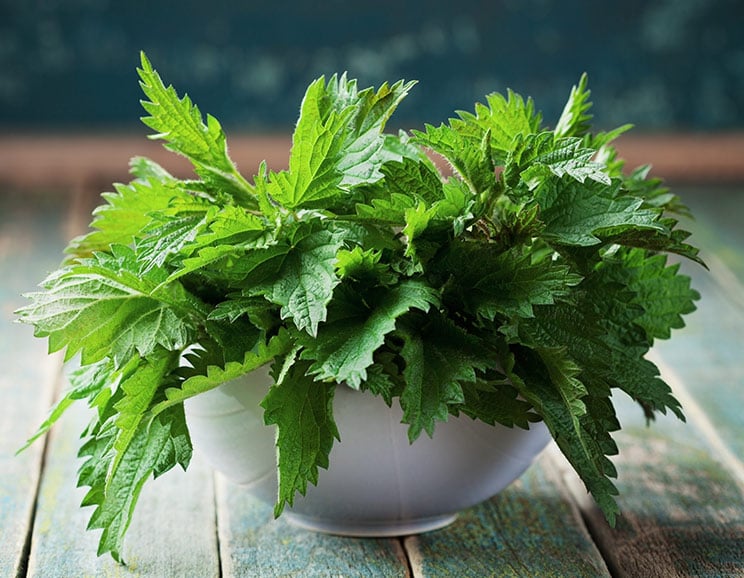

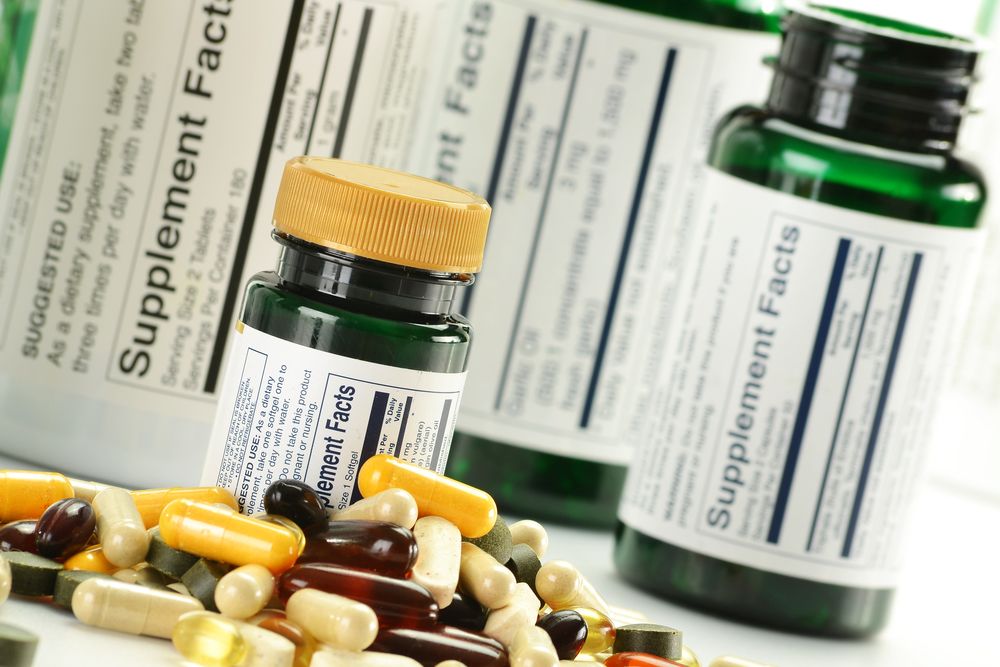
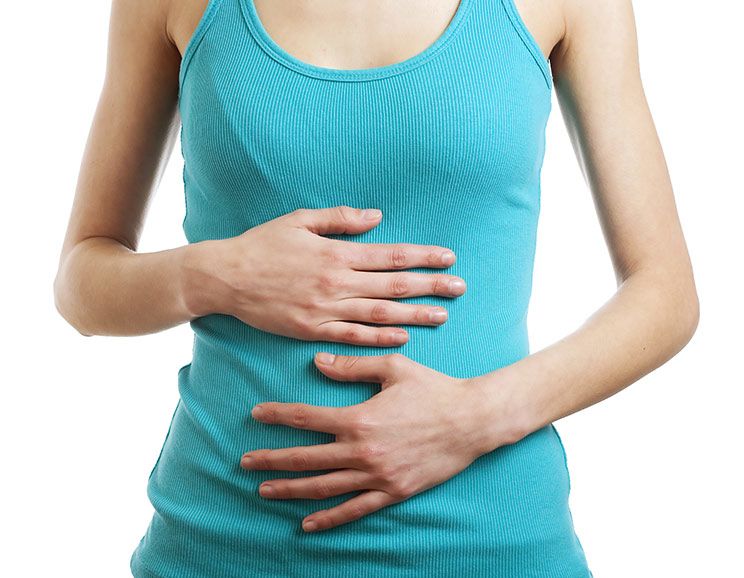
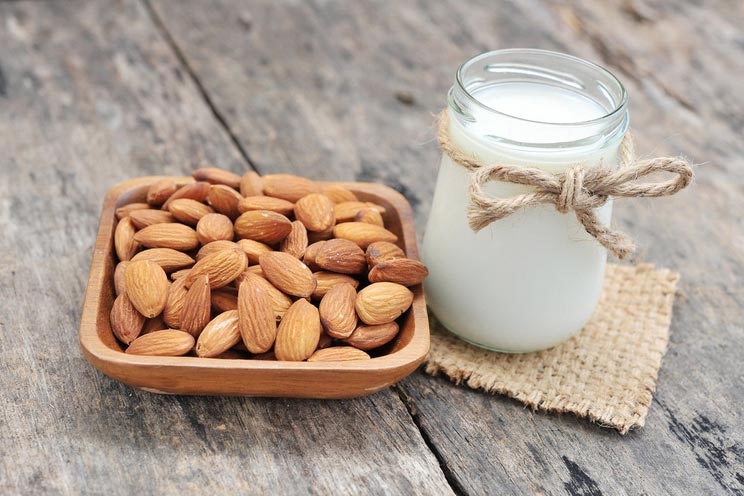


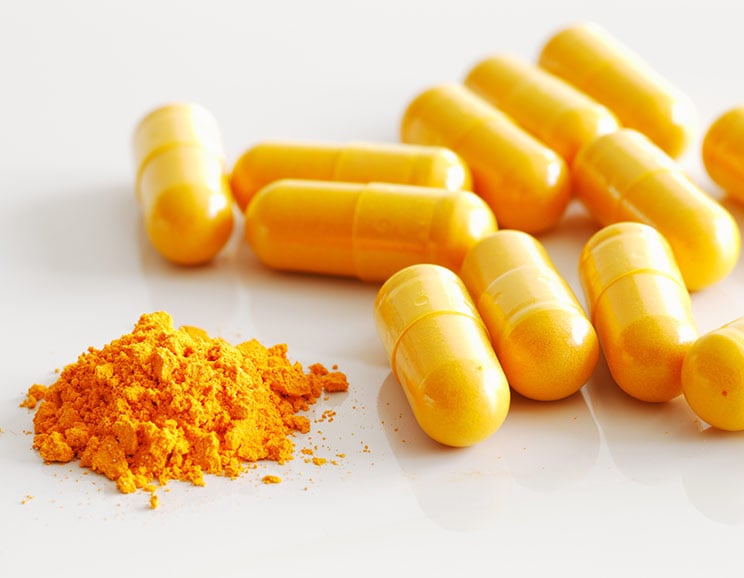
Show Comments